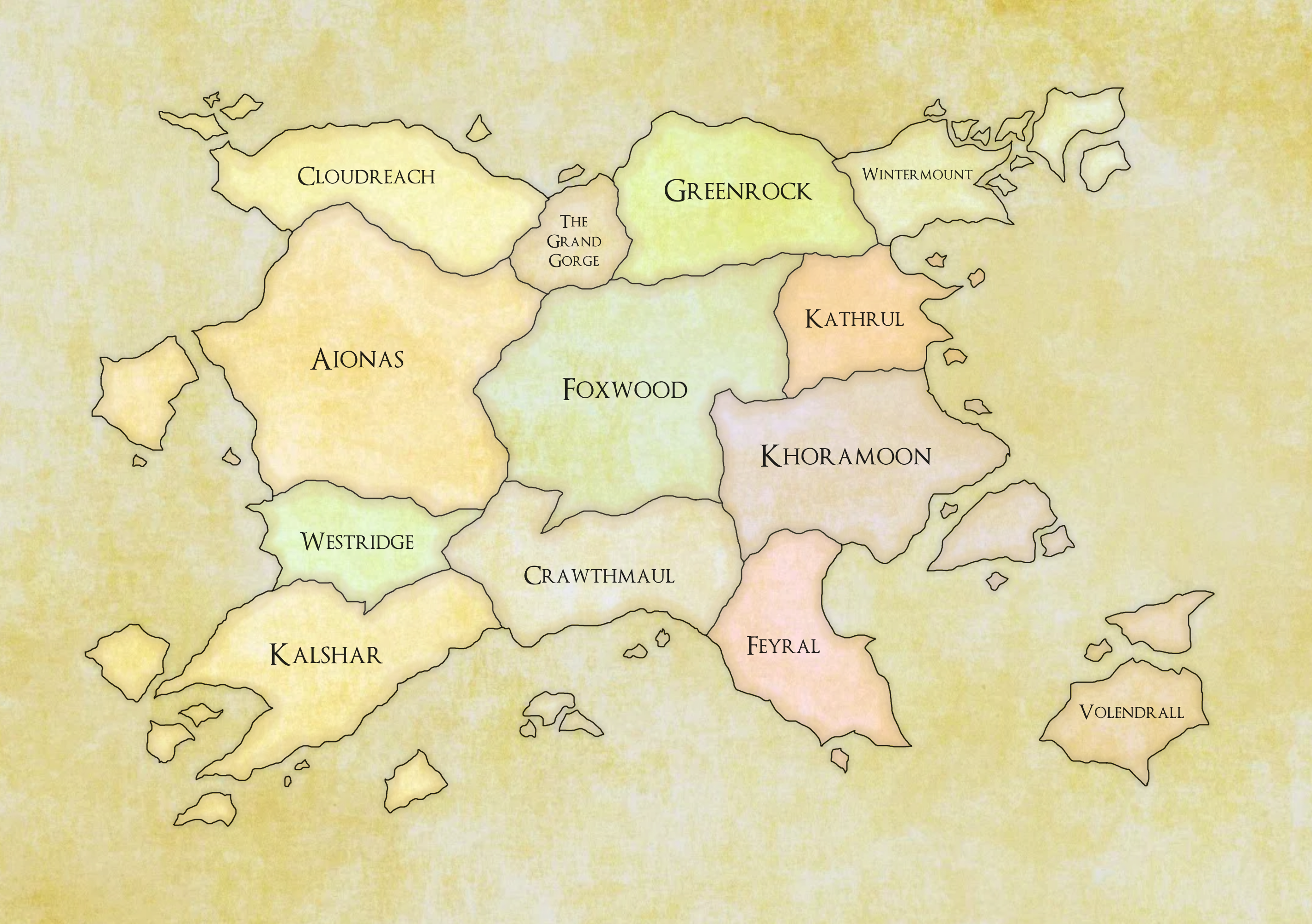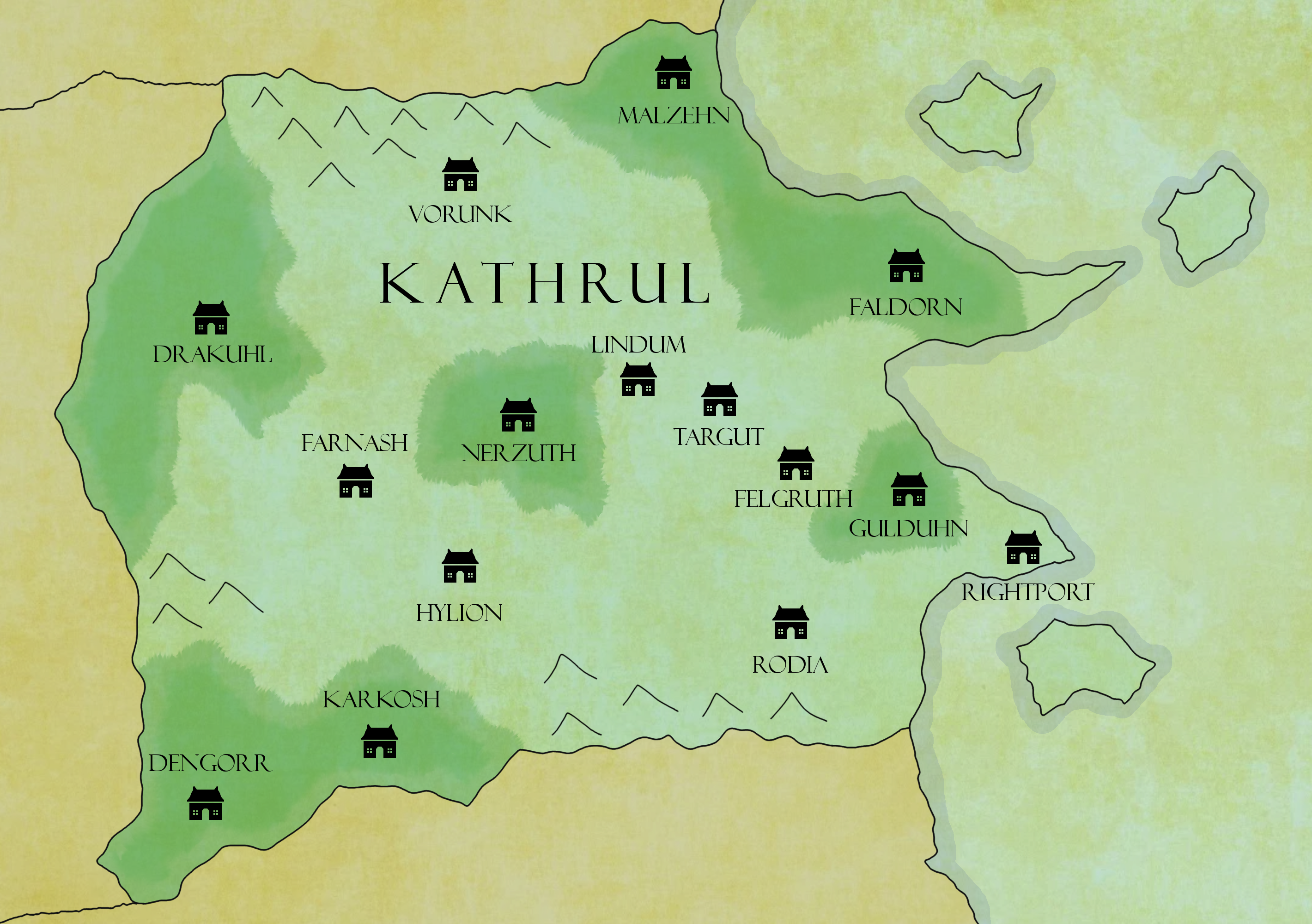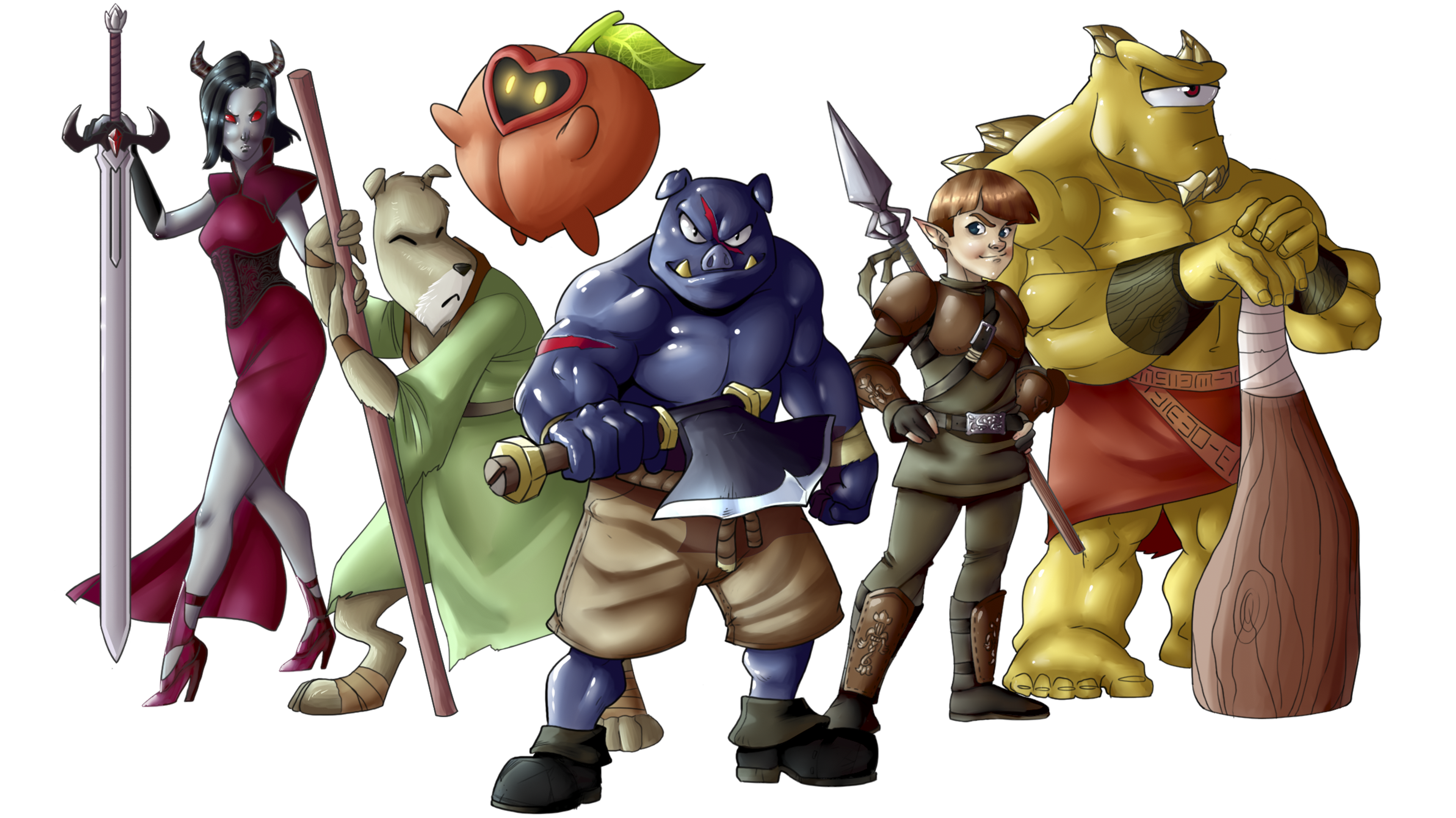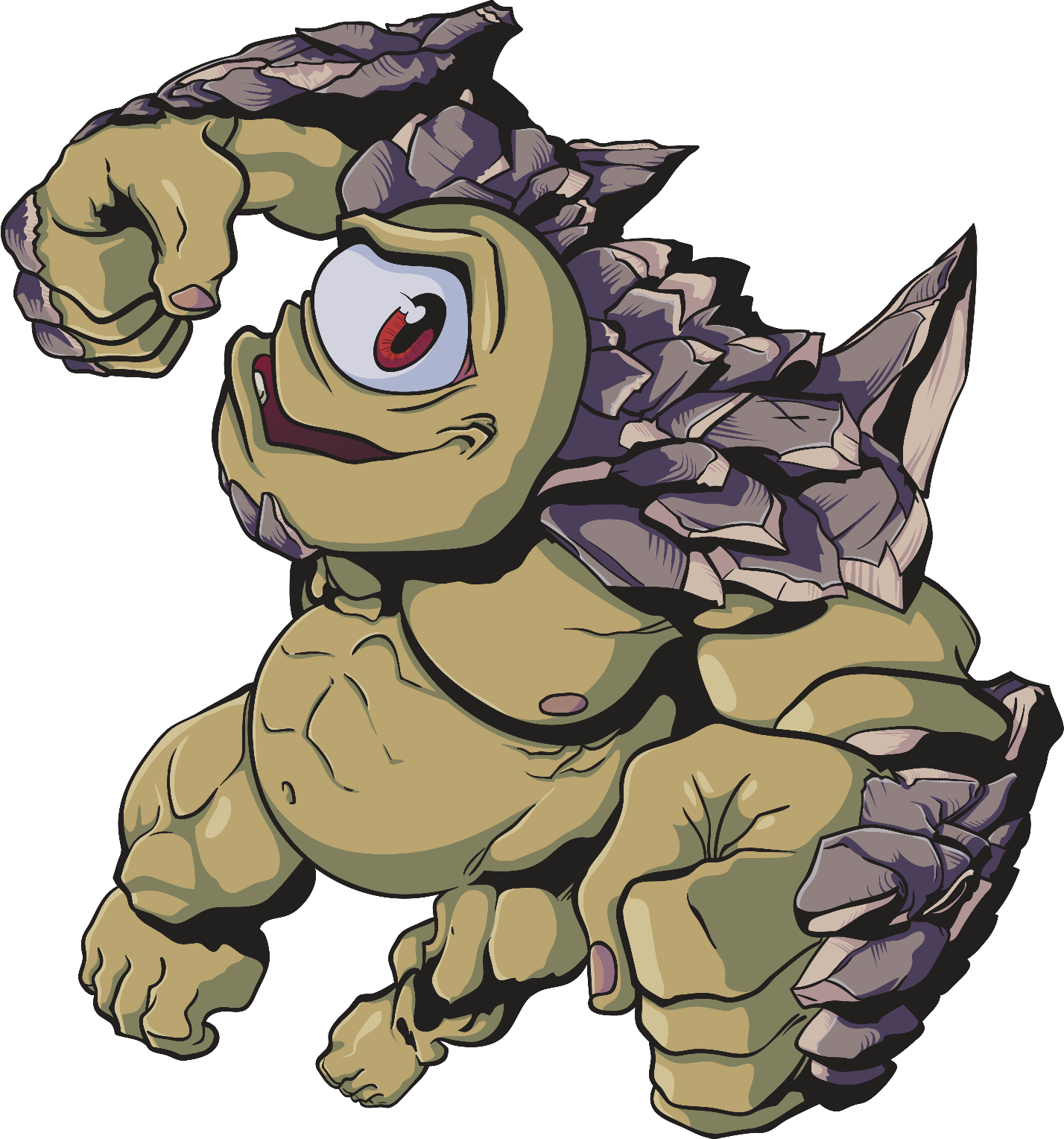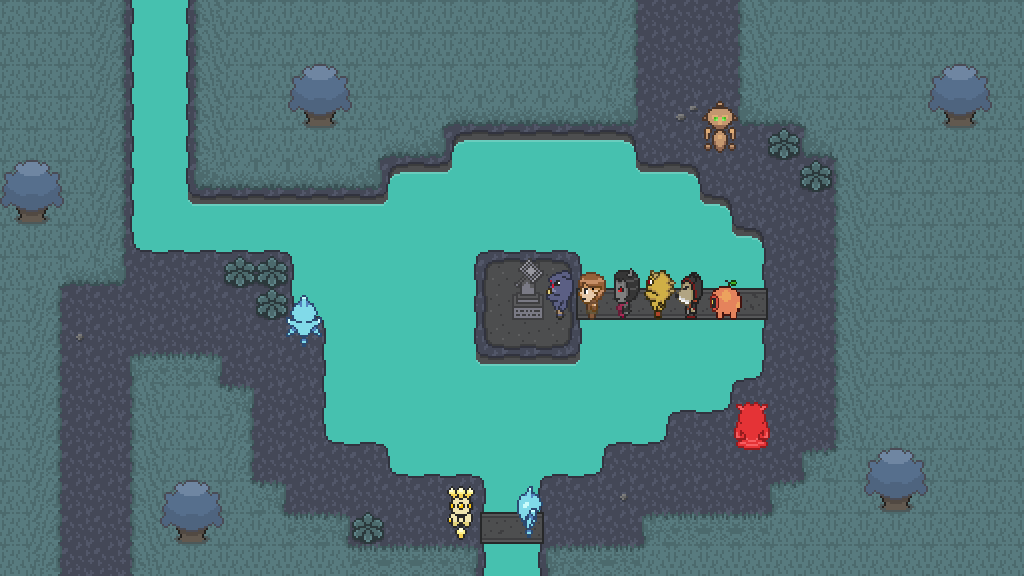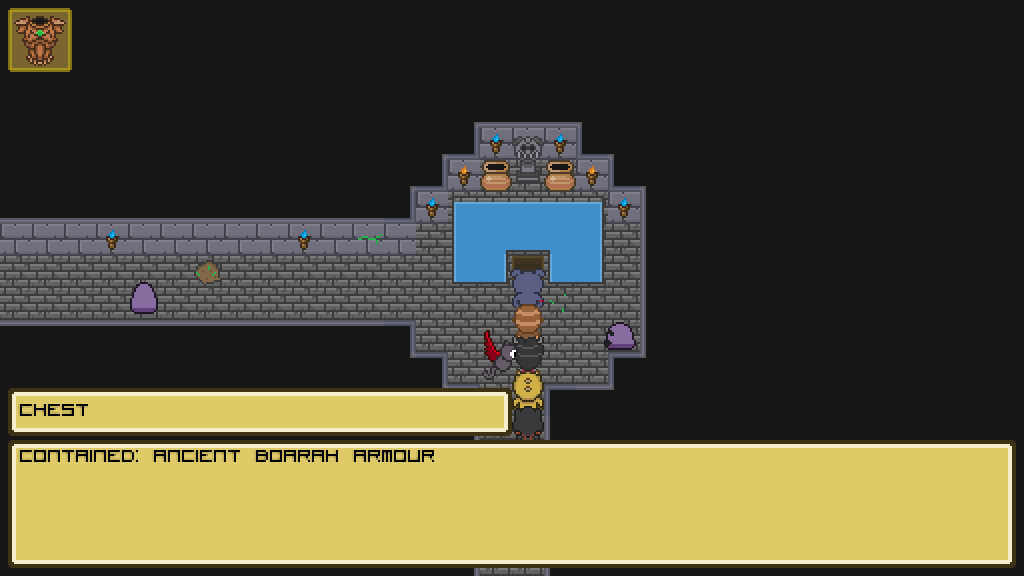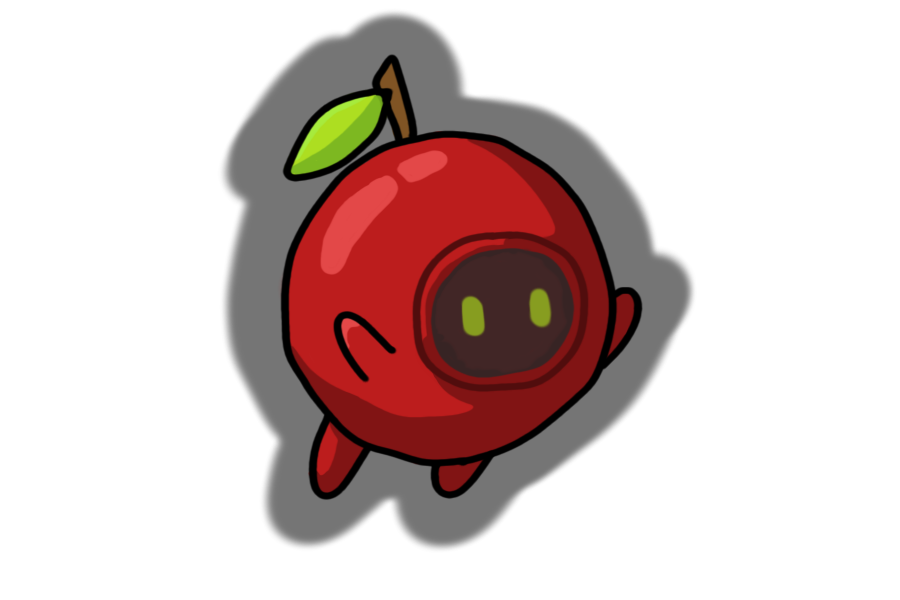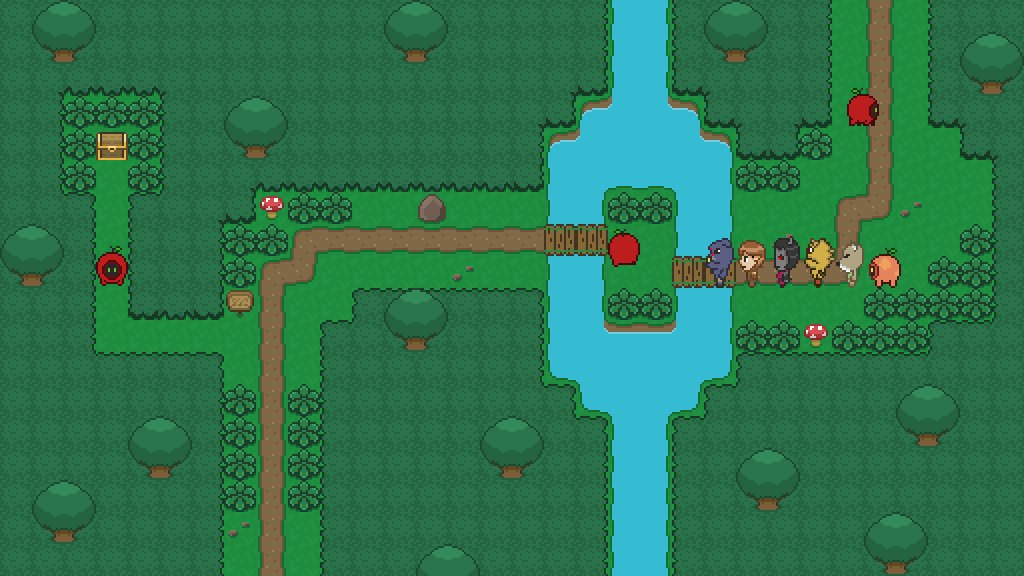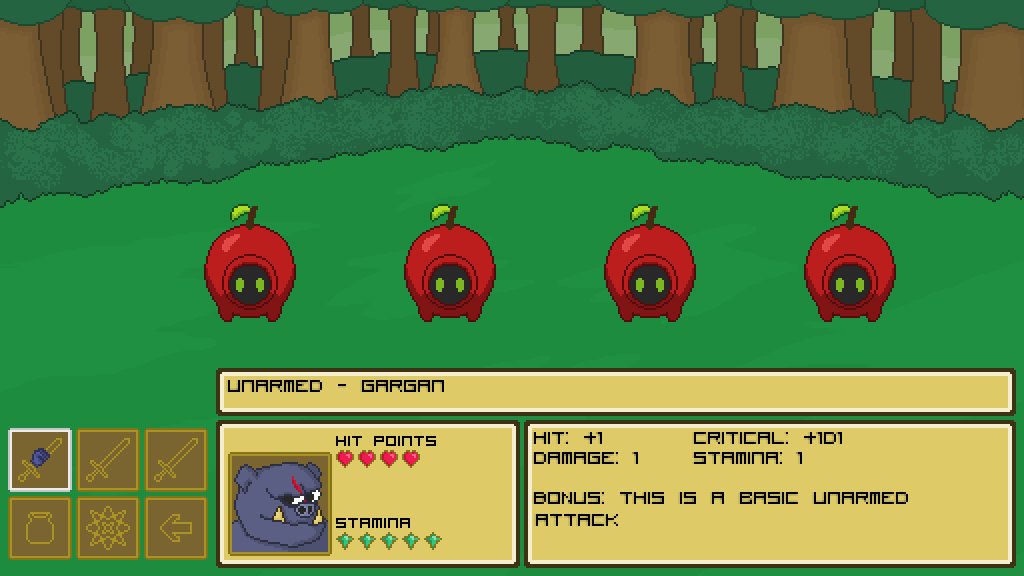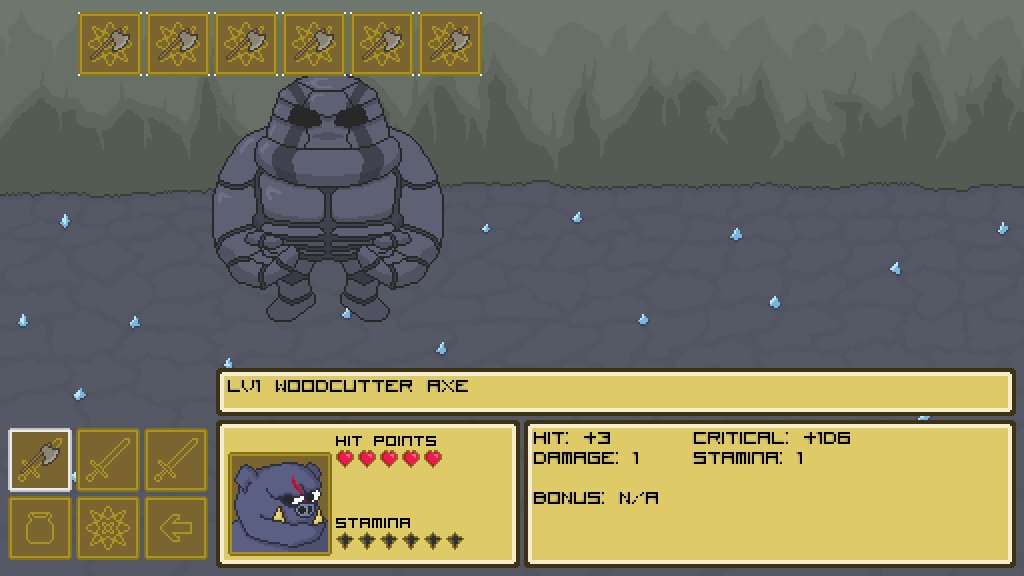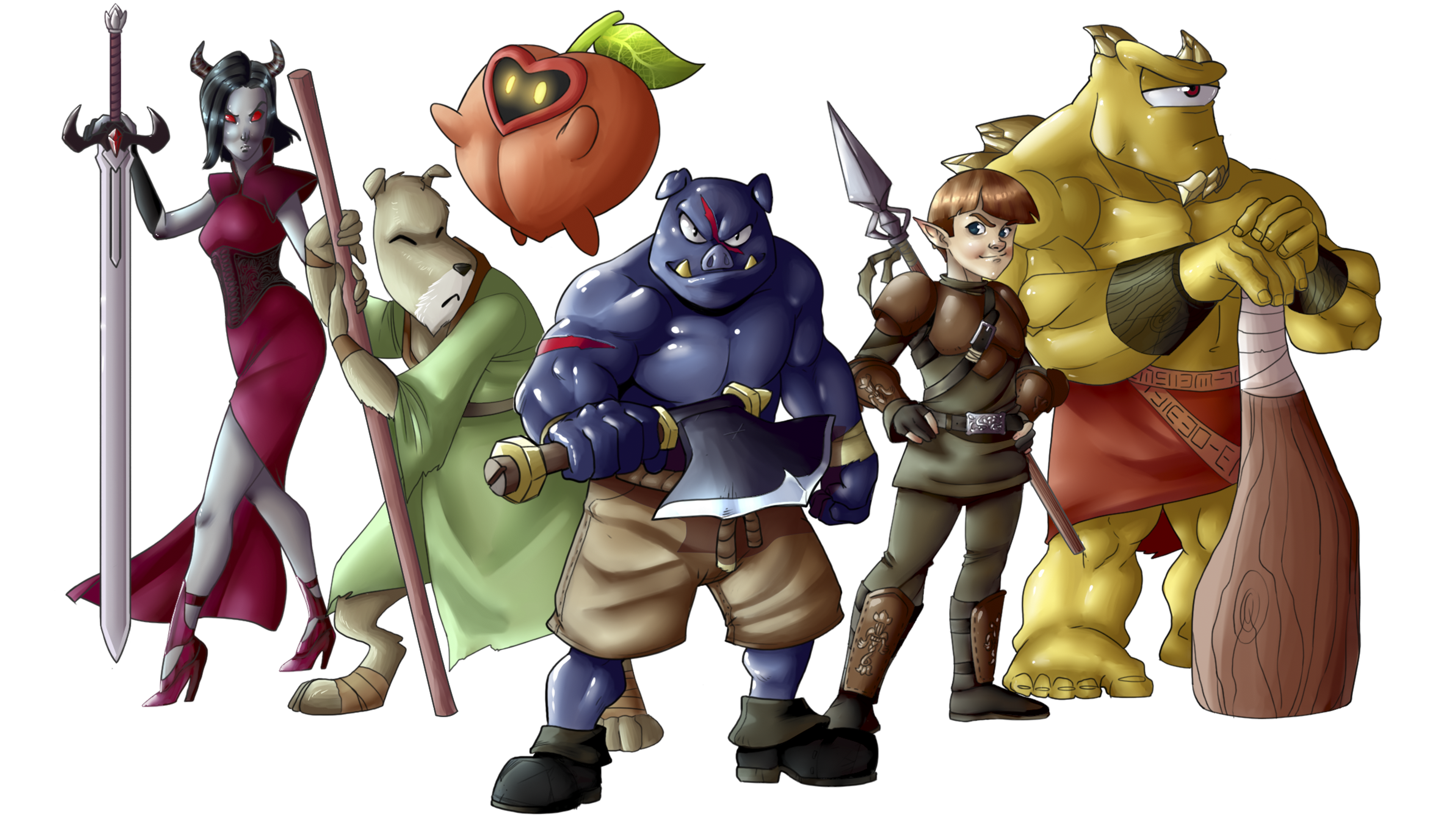It’s time for the fifth and final post in my world building series for my Tale of Enki universe. This time I’ll be talking about some of the creatures I’ve created that aren’t classed amongst my main races. A lot of them are prominent, but most would be classed as “monsters” that players would just slay their way through. Others? They can be a touch more complex.
The first and most prominent are the earliest creatures I designed for the series. The fruitbugs! The applebugs being the first of this kind. They’re insects around the size of a cat that live inside fruit-shaped shells. Rumour has it that they originate from another plane and are ruled over by their king, the pineapplebug. They’re one of the most common enemy types in the series, but they’re also fairly easy to domesticate. Peachy, a Pilgrimage party members, is a prime example of this. Fruitbugs aren’t overly intelligent, but some can comprehend language and commands to a very basic degree even if they can’t speak it.
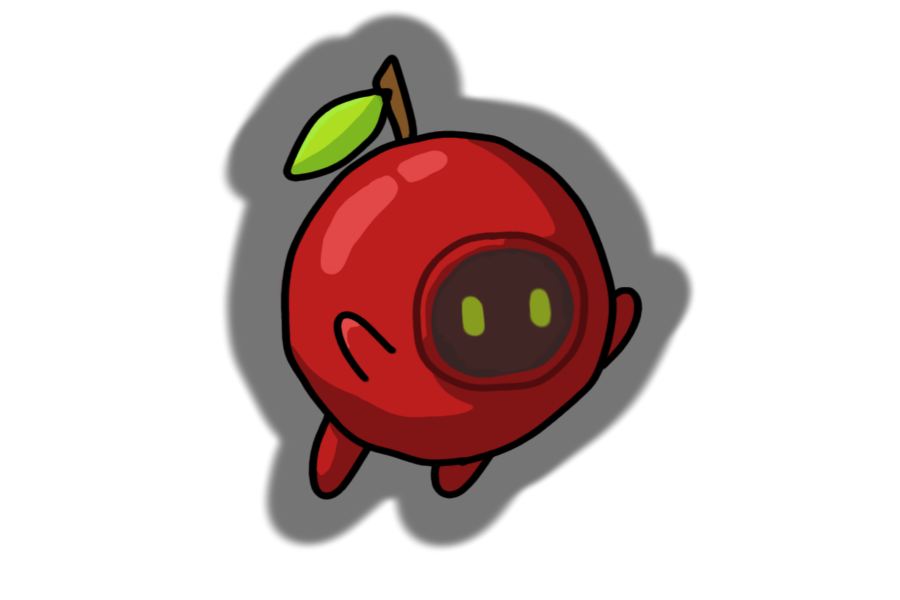
An applebug, one of the many types of fruitbug.
Racial mounts are something I wanted to take from World of Warcraft even though I have no goals to make an MMO. Seems like too much of a headache! Although I really like ESO, I won’t lie. I went for two typical mounts, two did choices and two original creations. For ogres I went with a typical giant wolf and for enkians there are horses. For rocklopes I went for giant goats because mountain goats are great climbers which fits with the stone-themed rocklopes. For sheepah I went for giant tapirs. It’s bizarre, yes, but they look cool. Reason be damned! Vulpah have what I call klugants. They’re bipedal lizards with horns. Very clumsy, but very forceful. Vulpah are the opposite spot provides a nice contrast and to make up their deficiencies. Lokor use rogurr. Think a faster turtle with no shell. I definitely wanted to use a reptile for the lokor.
There are a lot of creatures which you’d find in the real world too. Aside from the horses, goats, tapir and wolves, you’ve got pigs, foxes, sheep, gorillas, many varieties of insects, etc. It doesn’t fully reflect reality because it defeats the purpose of being a fantasy world somewhat. If you’ve ever tried creating a bestiary, you’ll find yourself creating creatures which resemble real animals so much that you just roll with using real animals.
Moving onto the elementals. If you’ve read the magic post I made (Part 4 of this series) you’ll know that covers the nature, fire, ice, radiant and gore elements. Elementals are tiered in strength. The weakest are conduits. The next level up are demon lords. The level above that are titans. It goes behind that, but you get the idea. They’re generally amoral as conduits and will mostly follow instinct. As demon lords they become intelligent and are often power hungry. Titans can be cataclysmic if unopposed and can even be ten metres tall. Good luck fighting that without a magician army.
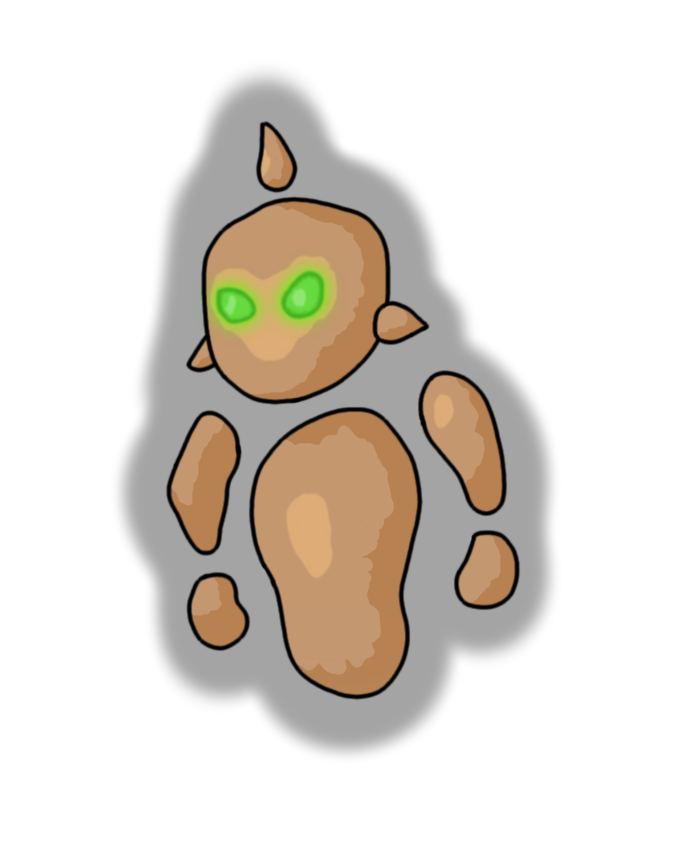
A nature conduit, the weakest form of a nature elemental.
I’ll give an example of an abomination created by a deity now just to get away from more ordinary. The abagun are abominations created by the god of disease and corruption, Zalgan. They’re monstrosities designed to be perfectly loyal to him, but untameable beasts to anybody else. They crawl around on their many legs using their many arms to rip enemies to pieces. Their faces are bloated and swollen in some sections and gaunt and terrifying in others.
I’ll round off this post taking about dragons. Dragons have been done to death so I’ll do them once more! There are dragons to represent each element: nature, fire, ice, radiant and gore. They’re colour coded as green, orange, blue, gold and red, respectively. I’ve kept them similar to the D&D model where they’re very intelligent beings that have a range of alignments. Dragons tend to stay out of the way of the main races because it’s rare for a town not to have at least one or two powerful magicians that can deal serious damage to dragons. More often than not they seek or await an honourable challenge from a worthy opponent or group of opponents.
That concludes Part 5 of this series and finishes off my Building a World series as a whole. The topics here will definitely be covered more in the future either here, in-game or through another medium, but hopefully this gives some clarity on how I went about building and filling my world. Maybe it can give you some inspiration for your own.
Happy creating!
